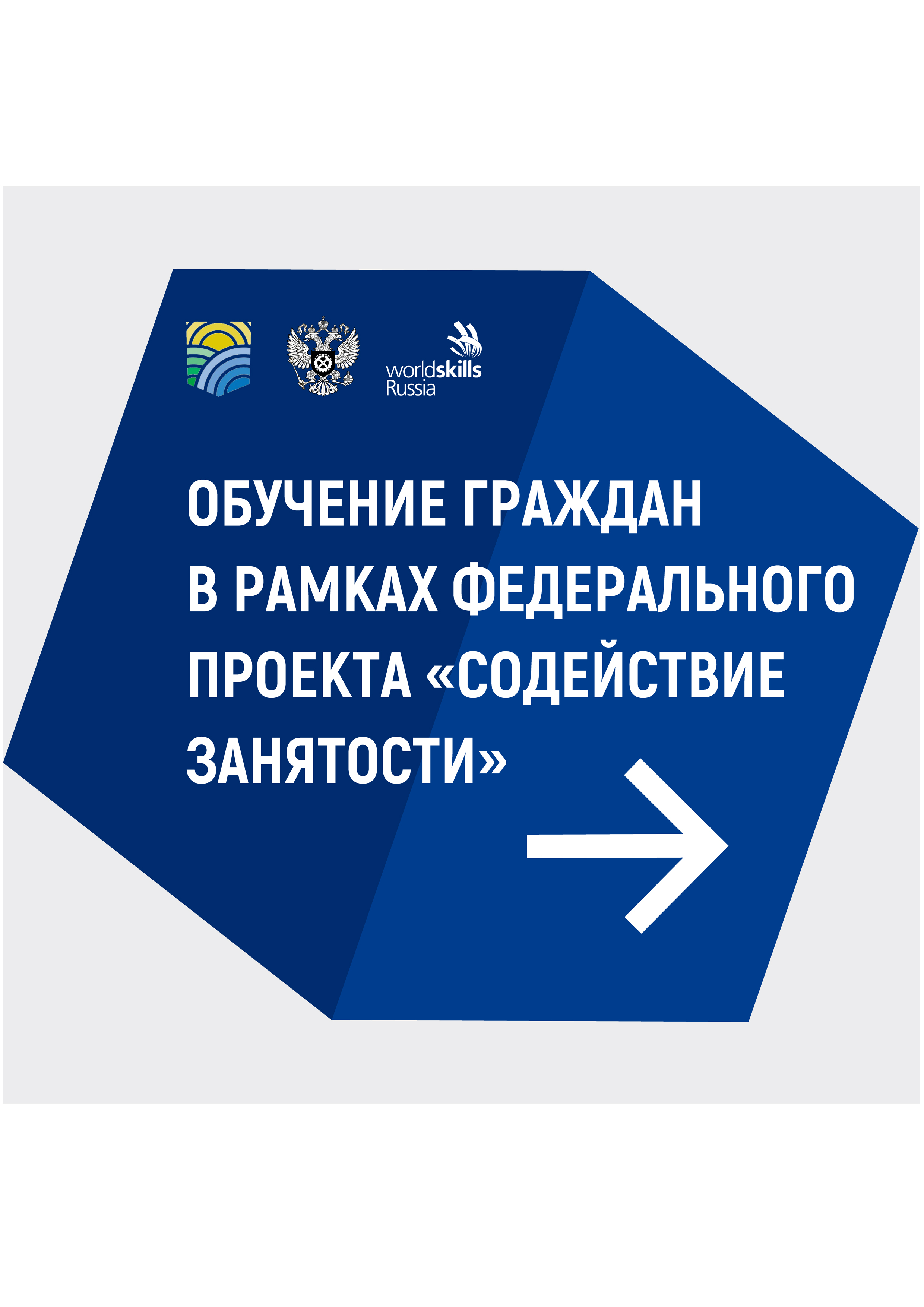What Are Anxiety Symptoms?
It is essential to talk to your GP if you feel constant anxiety that affects your daily routine. Therapy, medication and lifestyle changes can help ease anxiety symptoms.
There are things that increase the risk of having an anxiety disorder, which includes mental health conditions trauma, negative life events.
1. Feelings of Fear
The feeling of anxiety and fear that comes with anxiety is a normal aspect of the body’s response to stress. For example, you may be nervous prior to an important presentation at work or before a medical exam. But if these feelings don’t go away, or get worse over time, you could have an anxiety disorder. These people may also be anxious and avoid situations that cause them anxiety. This can result in them missing out on activities, http://Www.1738077.Xyz friends and family.
Your doctor will ask you to describe your symptoms and how they affect you. They will conduct an examination of your body and conduct tests to rule out other health conditions which could be causing anxiety. They will also speak to you about your past experiences and personal background, including any traumatizing experiences you’ve experienced. They will also assess the severity of your symptoms and how long they’ve been affecting you.
Anxiety is a frequent issue that can be treated through medication and therapy. A good treatment program can help you manage your anxiety symptoms to ensure they don’t affect your everyday life.
Your doctor may recommend you to a mental health specialist or you could search for one on your own. These experts include psychiatrists, psychologists, and social workers. They are trained to identify and treat anxiety disorders. They can prescribe medication to reduce anxiety and teach you strategies for coping to manage it.
Some people are more prone to developing an anxiety disorder than others. There are several factors that increase the risk of suffering from anxiety disorder. The causes are not completely understood. These include sexual abuse in childhood or mental health issues such as depression, or the exposure to traumatic events.
If you’re worried about anxiety, it’s best to consult an expert doctor or mental health professional before the anxiety start to interfere with your daily routine. Early treatment can help you feel better faster.
2. Physical Symptoms
When you experience anxiety, your body releases stress hormones such as adrenaline and cortisol in preparation for the fight or the flight response. This can trigger physical symptoms like sweating, a racing heart and chills. The good part is that your body typically begins to calm itself when the threat is gone and these symptoms will disappear quickly. However, 1738077 if you’re experiencing anxious often and the feelings are causing you distress or keeping you from doing the things you want to do, it’s essential to speak with your doctor or a mental health professional.
It’s not common for doctors to observe patients who believe they have a physical illness when, in reality, the physical symptoms are caused by anxiety. This is especially relevant for people suffering from anxiety disorders who mistakenly interpret minor sensations such as a sudden growth or a change in the color of bowel movements as signs of a disease that is fatal.
Another common physical symptom of anxiety is fatigue or feeling exhausted. This is likely because the rise in stress hormones keeps your body on high alert and consumes your energy. Plus, getting poor sleep can cause you to feel tired and irritable.
If you’re experiencing these physical symptoms and they don’t appear connected to a health issue, your doctor may refer you to a psychiatrist, psychologist or therapist to determine whether you have an anxiety disorder. They will inquire about your emotional and physical symptoms and the length of time you’ve experienced them for. A mental health professional can also suggest ways to manage your symptoms. These include avoiding caffeine, implementing relaxation techniques, eating a healthy diet, and getting enough sleep. They can also prescribe medications when necessary to alleviate your symptoms. Visit the National Institute of Mental Health FAQ page for more information on physical symptoms of an anxiety disorder.
3. Emotional symptoms
Anxiety can be debilitating and overwhelming. If you are overwhelmed by the anxiety you feel Try taking some time from your day to practice some relaxation techniques. This could be deep breathing meditation, or simply taking a stroll outside. It is also essential to ensure that you are getting enough sleep every night. Insufficient sleep can intensify the physical symptoms of anxiety.
In normal situations the feeling of fear and worry is a normal part of your body’s ability defend you from perceived danger or harm. If you experience these feelings on a regular basis and they become out of control, they could be signs of an anxiety disorder. Anxiety disorders are characterized by frequent and intense feelings of fear and panic that get to the point of peaking within minutes (panic attacks). These symptoms are disruptive to daily life, difficult to manage and are out of proportion to the dangers you are facing.
A common symptom of anxiety is changes in the blood pressure and heart rate. The anxiety and fear caused by anxiety triggers your nervous system to release hormones that increase the rate at which your heart beats. This is to prepare you for a fight or to escape an adversary. The body pumps more blood to the muscles to boost their energy and strength, which could make you feel weak and shaky.
These changes can lead to a feeling of pressure or pain in the chest, which some people describe as the sensation that they’re choked. There may be a tingling sensation in your arms or legs due to increased nerve activity. The tingling may be caused by a balance of carbon dioxide and oxygen in your blood. These symptoms aren’t harmful and will fade when anxiety is gone.
Other symptoms of anxiety include dry mouth or dizziness, a weakening in your legs or arms and a feeling of unsteadiness on your feet. You might also feel clammy or sweaty more often.
4. Cognitive Signs and symptoms
Everyone experiences anxiety at times. They usually disappear after the stressful event. For some, those anxiety or worries persist and become so intense that they disrupt with their daily lives. Then, they’re called anxiety disorders.
It is important to see your doctor if you are experiencing anxiety-related symptoms. Your doctor will ask you questions and will conduct a physical exam. There are no tests in the lab to diagnose anxiety disorders, however your doctor could run tests to determine if there are other health conditions that may be causing your symptoms.
Your doctor will be interested in knowing the severity of your symptoms as well as for how you’ll be suffering for. They’ll compare your symptoms to the criteria in the Diagnostic and Statistical Manual of Mental Disorders (DSM) published by the American Psychiatric Association. The DSM includes anxiety disorders and the symptoms they manifest.
Psychotherapy and medication are two of the most popular treatments for anxiety. The kind of therapy you receive is contingent on the root of anxiety. Cognitive behavioral therapy, for instance can help you learn to change your thoughts and reactions when you feel anxious. Your doctor may recommend that you explore relaxation techniques or alternative medicines like herbal supplements to improve your health and ease your symptoms.
The causes of anxiety disorders are unanswered but they are believed to be a result of a chemical imbalance that is caused by stress over a long time. Traumas such as the loss or injury to a loved one or a car crash could cause anxiety disorders in people who are at risk due to their family history or personal circumstances.
You can lower the risk of developing anxiety disorders by getting enough sleep and staying physically active. You can also cut down on the use of caffeine, alcohol, and nicotine as they can cause a flare-up. Also, you should consume a balanced diet and avoid taking medications and drugs, including herbal supplements and over-the-counter cold medicines except when recommended by your doctor. Certain substances can interact with some types of anxiety medications which is why it’s important to discuss them with your therapist or doctor.























